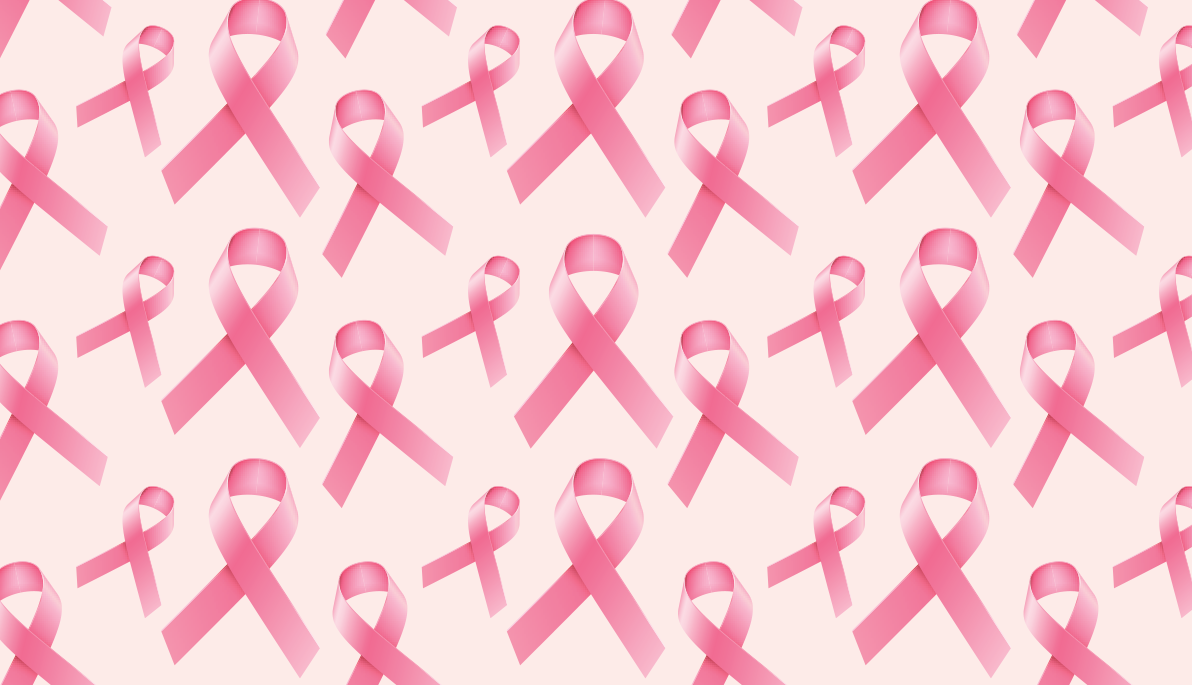News
Recognizing Breast Cancer Awareness Month
October 4, 2022
Approximately 287,850 new cases of invasive breast cancer are expected to be diagnosed in women in the United States this year, as well as 51,400 new cases of non-invasive breast cancer.
In fact, one in eight women will be diagnosed with breast cancer in her lifetime. And for those with BRCA1 and BRCA2 gene mutations, the chances are even higher.
“BRCA is an abbreviation for Breast Cancer gene,” says cancer biologist Dong Zhang, Ph.D., director of the Center for Cancer Research and associate professor of biomedical sciences at the College of Osteopathic Medicine (NYITCOM).
“One common misconception about the BRCA genes is that they cause breast cancer when, in fact, the opposite is true—they help to prevent it,” says Zhang. “They repair DNA damage linked to uncontrolled tumor growth. When these genes don’t suppress tumor growth, they’re called BRCA mutations.”
The National Breast Cancer Foundation estimates that 55 to 65 percent of women with the BRCA1 mutation, and 45 percent of women with the BRCA2 mutation, will develop breast cancer before age 70; parents with a BRCA mutation have a 50 percent chance of passing it on to a child.
Although women with BRCA gene mutations tend to develop breast or ovarian cancers earlier in life, and the breast cancers developed tend to be more malignant (called triple-negative breast cancers), Zhang notes that there is hope.
“With early detection, most breast cancer cases can be successfully treated through surgery and targeted therapy. Even those with a BRCA1 or BRCA2 mutation. Awareness and early detection save lives,” he says.
While chemotherapy is commonly used as the main treatment for metastatic breast cancer, Zhang’s laboratory is investigating targeted drug therapies that provide more effective treatment with fewer side effects.
“In addition, the Food and Drug Administration has approved a new family of targeted treatments called PARP inhibitors to treat breast and ovarian cancer with a BRCA1 or BRCA2 mutation,” he notes.
As of January 2022, there are more than 3.8 million breast cancer survivors in the United States, including those currently receiving treatment and those who have completed treatment.





